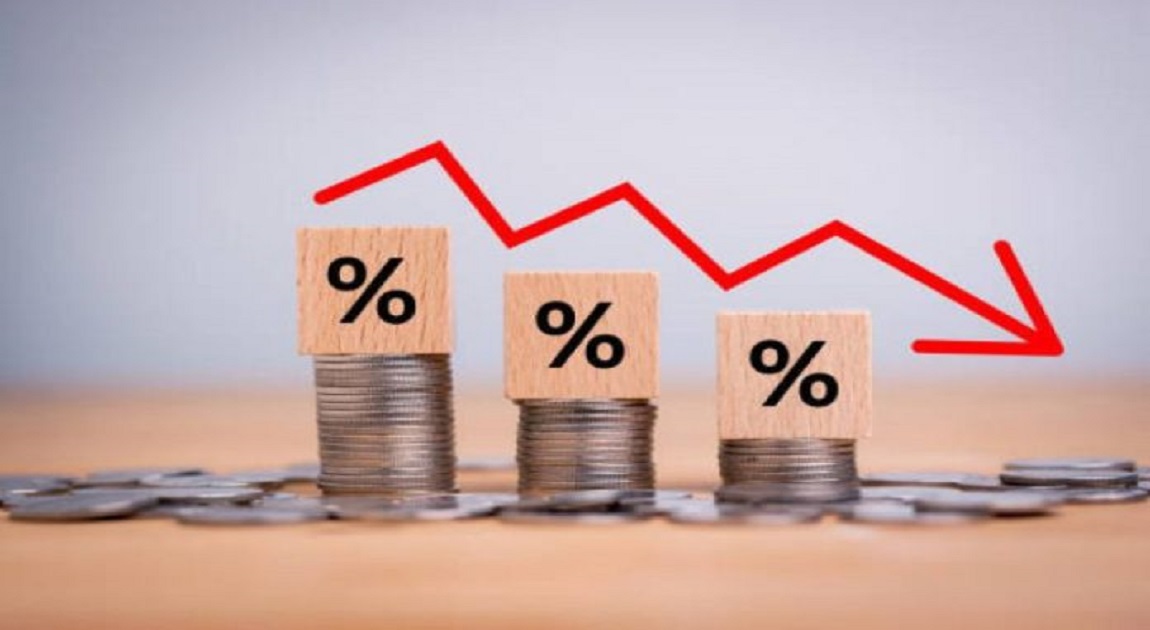Staff Correspondent
Published:2025-07-08 01:33:36 BdST
Inflation falls to 35-month low at 8.48pc in June
Inflation in Bangladesh has declined to its lowest level in nearly three years, offering some respite to consumers following a prolonged period of high prices.
According to the latest figures released by the Bangladesh Bureau of Statistics (BBS) on Monday, the point-to-point inflation rate in June 2025 dropped to 8.48%, down from 9.05% in May. This is the first time since March 2023 that inflation has fallen below the 9% mark.
The last time inflation was at a comparable level was in July 2022, when it stood at 7.48%. Over the past 27 months, inflation had consistently remained above the government's comfort zone, peaking at 11.66% in July 2024.
Analysts attribute the June decline to a seasonal dip in food prices, favourable weather conditions, and modest improvements in supply chains.
Food inflation saw the sharpest drop, falling to 7.39% in June from 8.59% in May. Non-food inflation, by contrast, remained largely unchanged, easing slightly to 9.37% from 9.42%.
The moderation in food prices is being linked to recent bumper harvests, lower transport costs, and subdued import bills.
Experts noted that the decline in food inflation is largely seasonal, reflecting better domestic harvests, moderate import prices, and some price corrections in urban areas.
However, the fall in the monthly inflation rate does little to offset the broader inflationary pressures that persisted throughout the fiscal year. From July 2024 to June 2025, average annual inflation stood at 10.04%– significantly higher than the government's target of 6.5%. Prolonged high inflation has severely eroded household purchasing power, making it increasingly difficult for low- and middle-income families to afford basic necessities.
Economists have cautioned against reading too much into June's figures as evidence of a lasting improvement.
“June's decline is welcome, but the annual average inflation rate of 10.04% shows that household finances remained under significant strain throughout the year,” said Dr Mustafa K Mujeri, executive director of the Institute for Inclusive Finance and Development (INM) and former Chief Economist of Bangladesh Bank. “Now is not the time for complacency.”
Wage growth, another key economic indicator, has seen only modest gains. In June 2025, the national wage rate index rose to 8.18%, up slightly from 7.95% the previous year. However, wage growth continues to lag behind inflation, meaning that in real terms, most workers are still seeing their incomes decline.
“The fact that wage growth is failing to keep pace with inflation is a serious concern,” Dr Mujeri added. “For low- and fixed-income groups, this means lower consumption and increased economic vulnerability.”
The 27-month stretch of high inflation from March 2023 to May 2025 was driven by a combination of factors, including global commodity price shocks, supply chain disruptions, energy market volatility, and domestic policy challenges.
While the central bank’s tighter monetary policy and managed exchange rate have had some impact, economists argue that more robust fiscal measures – such as targeted subsidies, improved market oversight, and supply-side reforms – are essential for sustained relief.
GDP grows 4.86% in Q3 of FY25
Meanwhile, Bangladesh’s estimated GDP growth at constant prices reached 4.86% in the third quarter of the 2024-25 fiscal year, up from 4.62% during the same period last year, according to BBS data published on Monday.
Provisional estimates also show that GDP growth in the first and second quarters of FY25 stood at 1.96% and 4.48% respectively, compared to 5.87% and 4.47% during the corresponding quarters of the previous fiscal year.
Unauthorized use or reproduction of The Finance Today content for commercial purposes is strictly prohibited.


